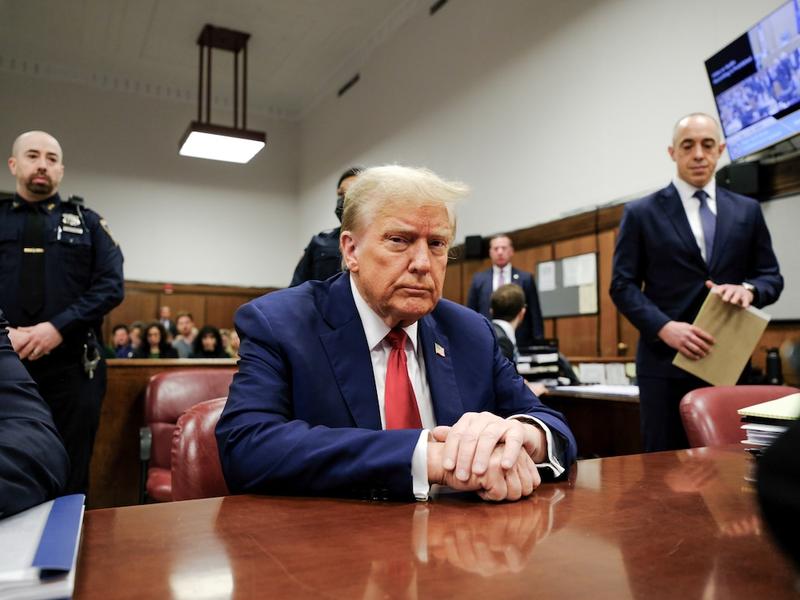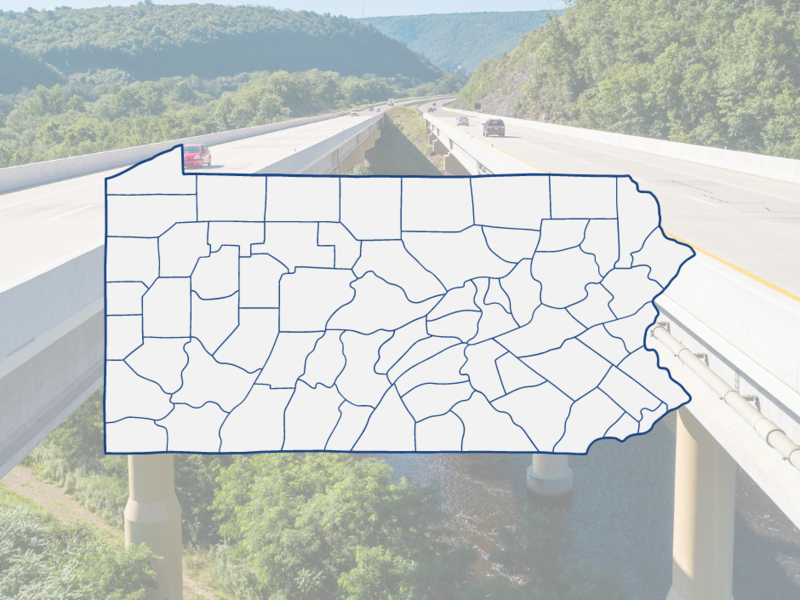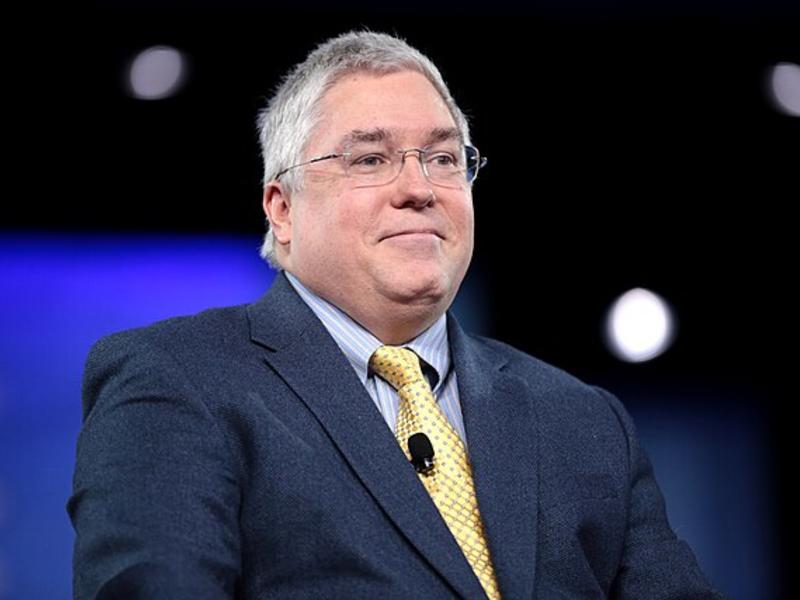
In December, two giants of the Senate died, Bob Dole and Harry Reid. Both had served as Senate majority and minority leader. In some ways, they were very different people, but both possessed the kind of inner strength that is almost essential to have accomplished all that they did.
Although I didn’t know Reid particularly well, two stories immediately come to mind that illustrate aspects of Reid’s personality and style which may not have been obvious to those watching from afar.
Reid was first elected to the House in 1982, the year that fast-growing Nevada gained a second seat in the chamber (it would gain a third seat after the 2000 census and a fourth after the 2010 count). After two terms representing half of the state in the House, Reid ran and won the Senate seat that opened up in 1986 when Republican Paul Laxalt retired after two terms. Reid was reelected four times before retiring in 2016. (This year, former state Attorney General Adam Laxalt is challenging freshman Democratic Sen. Catherine Cortez Masto for the seat his grandfather once held.)
Seeking his third term in 1998, Reid was challenged by then-Rep. John Ensign. Along with the staff at The Cook Political Report, I became convinced that Reid was in a much tougher race than widely thought, and had been underwhelmed by the campaign he was waging. Finally, we saw some very reliable polling data that confirmed our conviction that Reid was in a very tough race. We changed our rating of the race from Likely Democrat to the competitive category of Lean Democrat, then eventually to Toss Up, incurring the wrath of Reid and at least one or two of his top staff.
It’s never fun to have someone really angry with you, particularly someone of that prominence, but I had long since concluded that I would never be a lobbyist, so while it was unpleasant I did not see it as a career-ender. At one point, a top Reid staffer sent a fax to someone on my team asking “why does Charlie hate Sen. Reid?” (I didn’t.) Reid ended up getting reelected by just 428 votes, a margin of a tenth of a percentage point, and only after a recount. Ensign later compared it to a game "when you give everything you can and lose in double overtime."
Fast forward to early 2003. Reid, now the Democratic whip, was gearing up for a bid for a fourth term. Senate Editor Jennifer Duffy and I were summoned to his office, bracing ourselves for what we were quite sure would be a very unpleasant meeting.
We went to his office in the Capitol and after few, if any, pleasantries, Reid said to us something like, “Last time you were right; I was wrong; we had a lousy campaign.” He then launched into a fairly lengthy list of significant changes he was making, starting with a change of media consultants. I must say that my opinion of Reid went up enormously that day.
Reid rolled to a big reelection win in 2004, although his margin in 2010, a disastrous year for Democrats, narrowed to just 5 points. That year he was blessed by having an extremely flawed opponent in Sharron Angle, a darling of the tea-party movement.
The other story I recall is from 2020, when then-President Trump was well on his way to naming three U.S. Supreme Court justices, 54 judges to the U.S. Circuit Court of Appeals, and 174 federal district-court judges. In just four years, Trump put on the bench just one fewer appeals-court judge than the 55 that Barack Obama had in eight years and not that many short of the 62 that George W. Bush had and the 66 that Bill Clinton had in their respective two terms. I expressed the view on a cable news show that Reid and Democrats had made a mistake in 2013 by exercising the “nuclear option,” reducing the threshold for Senate confirmation of executive-branch nominations, and for judges below the Supreme Court level, from 60 votes to a simple majority.
It was all part of a larger fight over the Affordable Care Act, court challenges to the ACA, and the filibuster. Someone on Reid’s staff called my office to schedule a time the next week for a phone conversation with the senator. The call was scheduled and, again, I braced for an unpleasant conversation, but that did not happen this time, either.
Reid just matter-of-factly said that, in his view, Barack Obama’s presidency would have been an asterisk in the history books if the ACA had not passed or was fundamentally struck down by the courts. He basically said that they did what they had to do. If he had any second thoughts, he certainly didn’t express any; he just wanted to make clear why he did it.
No nonsense, no emotion, no BS. That was Harry Reid.
The article was originally published for the National Journal on January 11, 2021.










Subscribe Today
Our subscribers have first access to individual race pages for each House, Senate and Governors race, which will include race ratings (each race is rated on a seven-point scale) and a narrative analysis pertaining to that race.